

OS-Climate is an open-source initiative hosted by the Linux Foundation, building the data and analytics infrastructure needed to integrate climate risk into financial decision-making at scale. We unite financial institutions, tech leaders, regulators, and scientists to co-develop transparent, interoperable tools that accelerate the transition to a climate-resilient economy.
Our platform delivers modular solutions—from physical risk assessment to transition alignment and portfolio analytics—designed for both regulatory compliance and strategic allocation. By enabling collaboration across sectors, OS-Climate is shaping the global standard for climate-informed finance—open, trusted, and built for systemic impact.
Explore key OS-Climate resources including its projects, relevant videos, and more to help you understand, implement, and contribute.
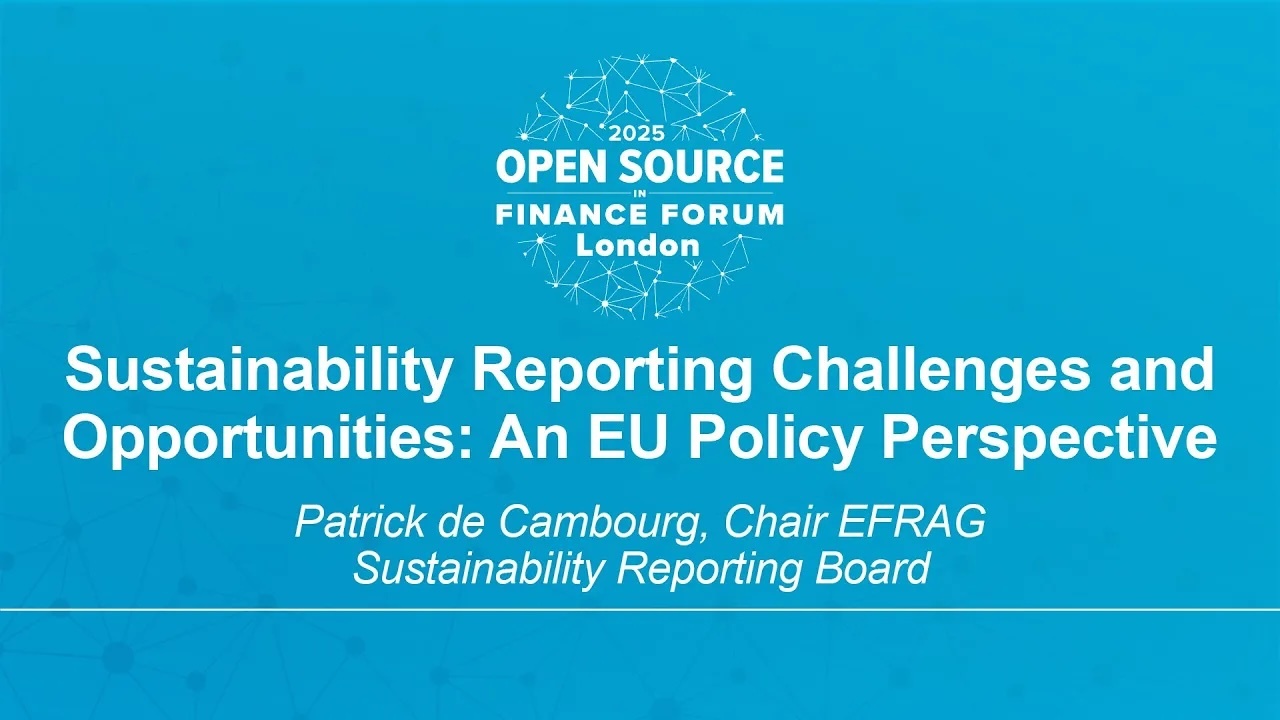
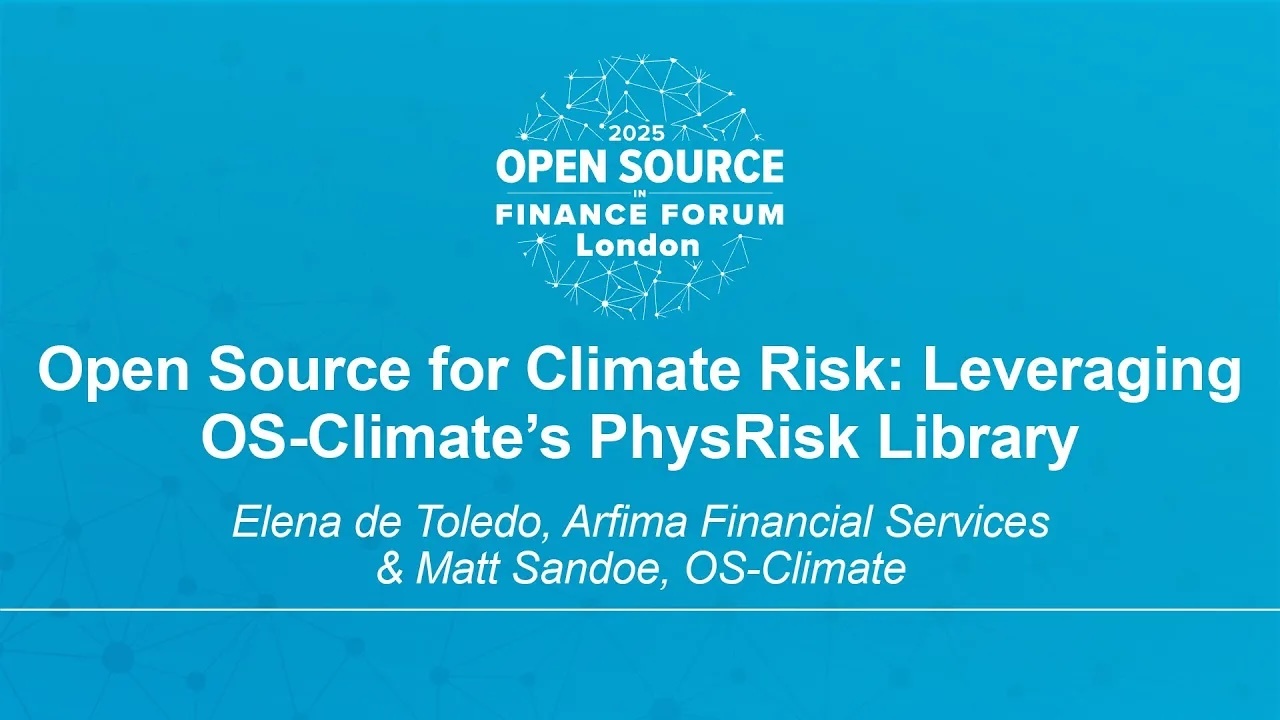
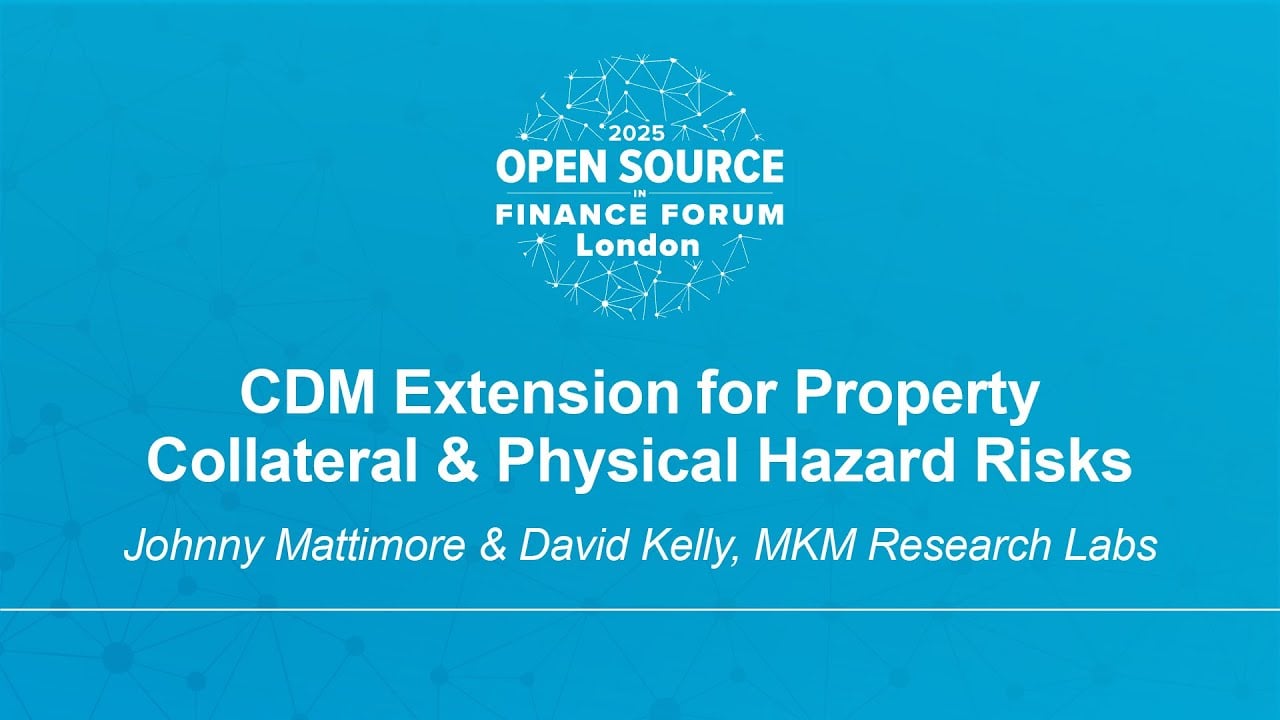
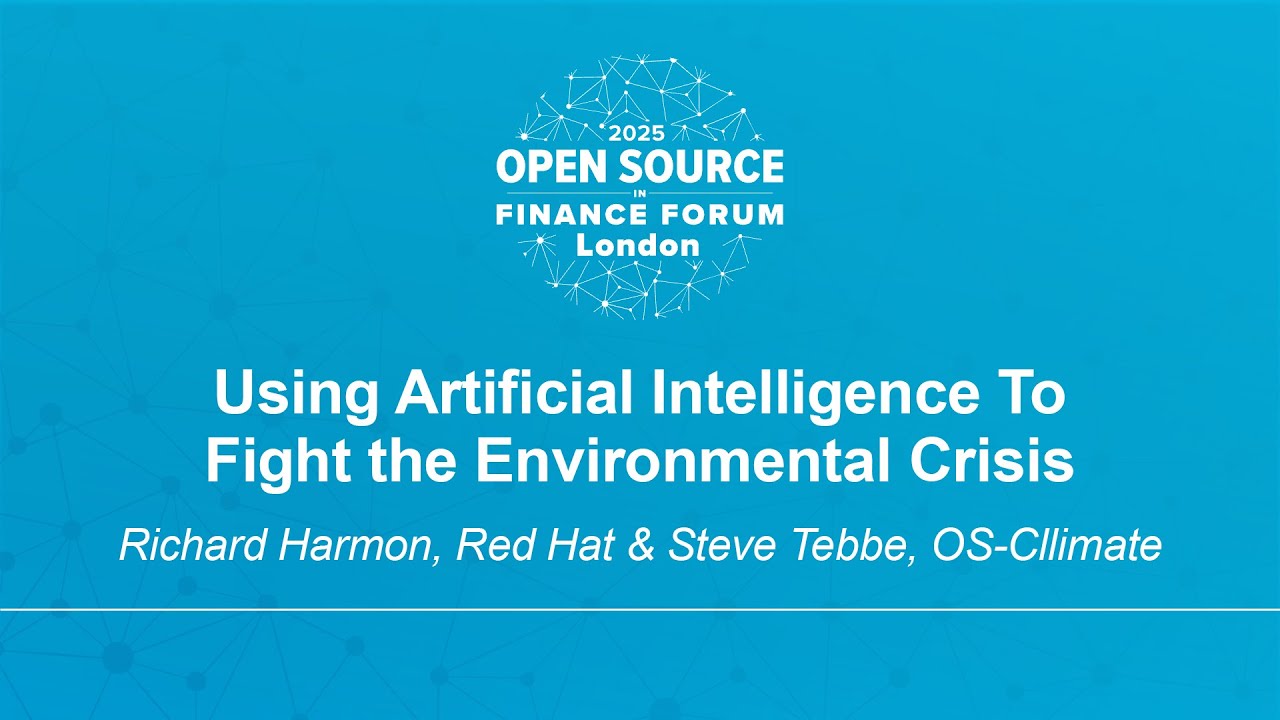
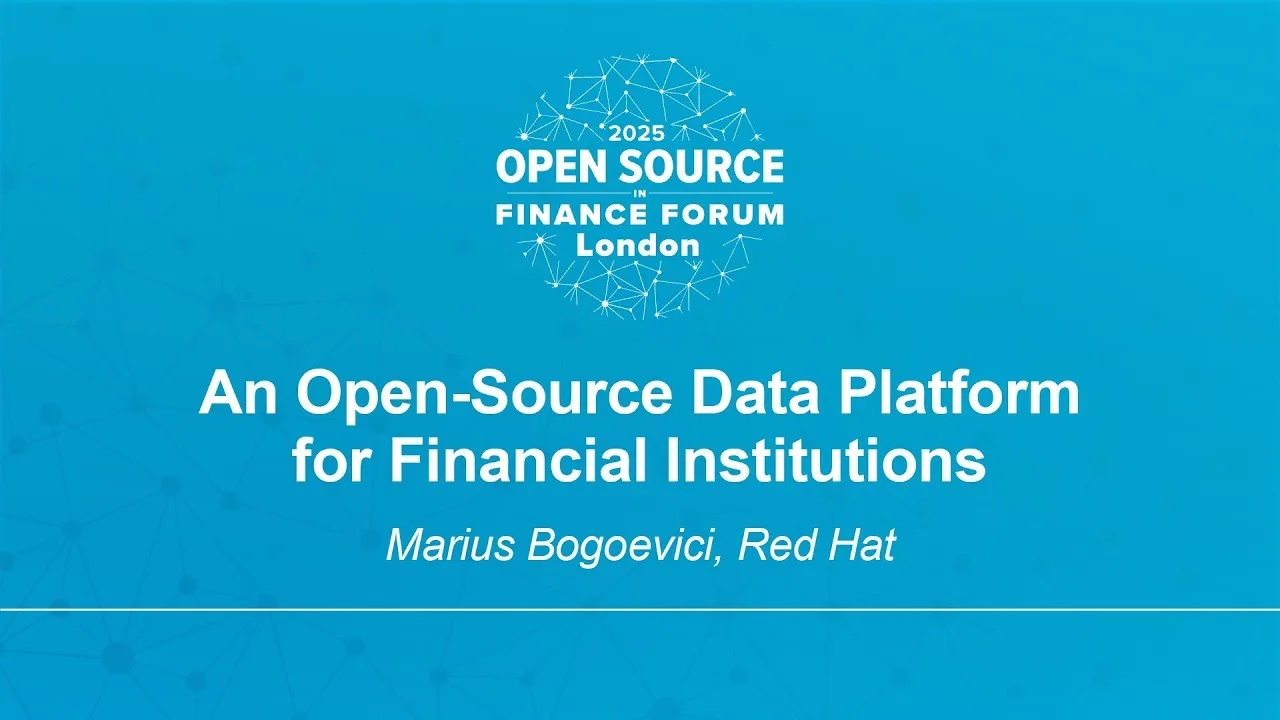
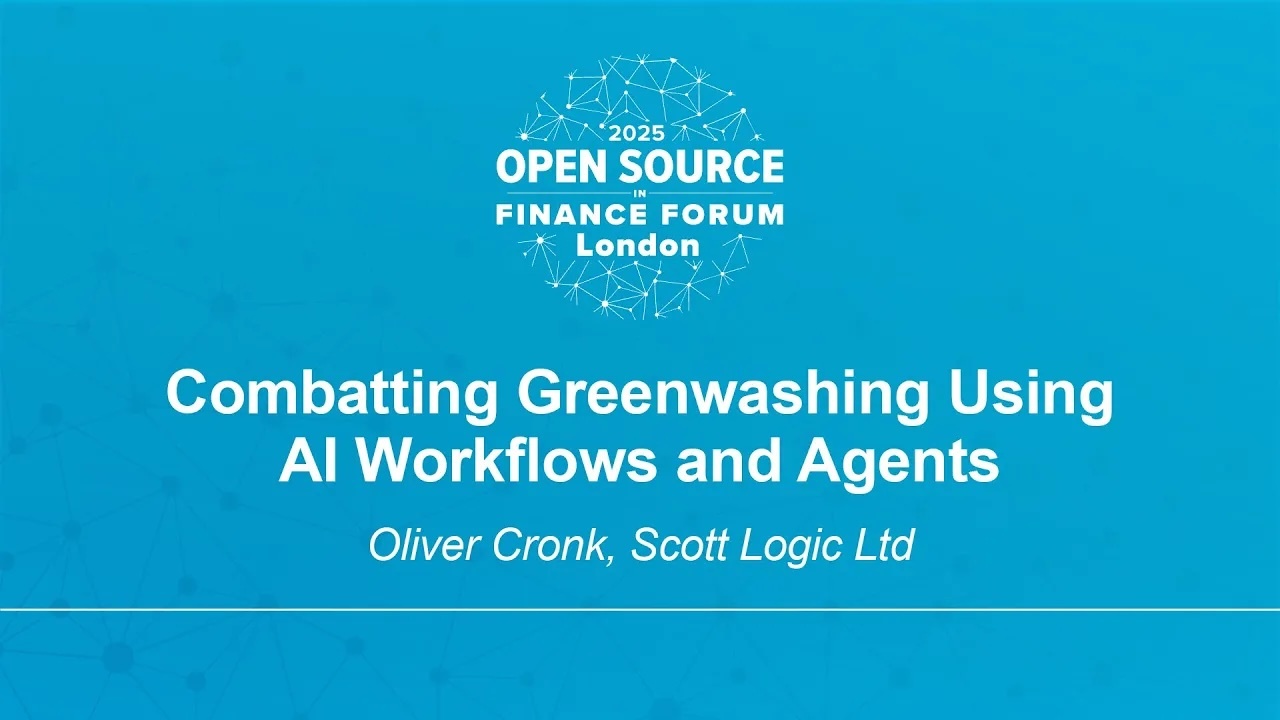
/OSFF%20London%202024/2024%20OSFF%20London%20Video/43%20Keynote%20The%20State%20of%20Open%20Source%20Continues%20-%20Gabriele%20Columbro%20Executive%20Director%20FINOS%20and%20General%20Manager%20Linux%20Foundation%20Europe%20with%20Special%20Guests_e3.png)